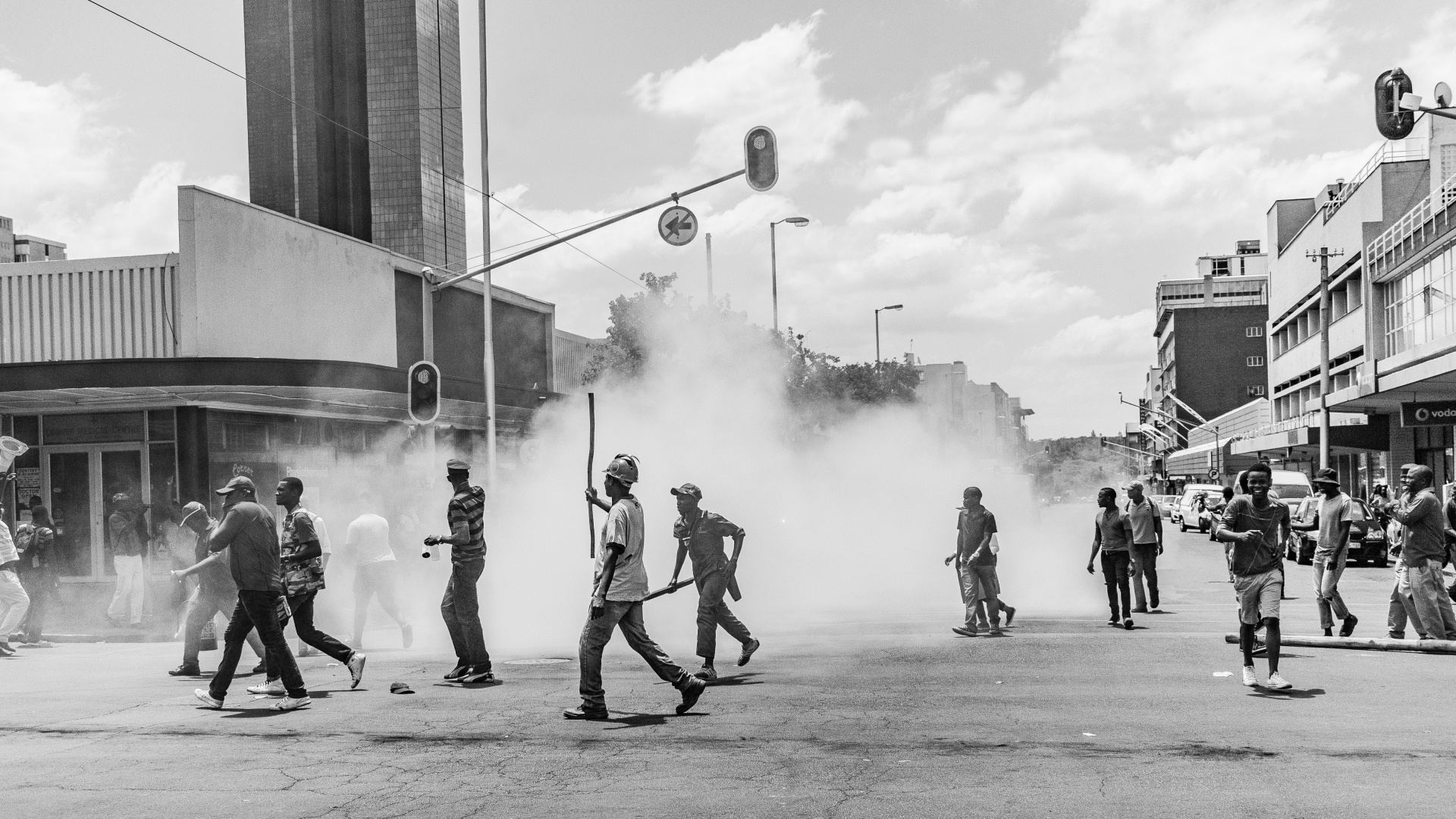This week has proved particularly chaotic for South Africans, with unrest and resulting riots leading to wanton destruction of property and loss of life.
Now communities and business owners are being forced to do something about rioters and protect what is theirs. Once the dust settles, it remains to be seen how much the riots will have cost the country’s economy and for those businesses that were directly impacted by them, whether or not they will be able to operate once again.
For those looking to rebuild, it brings into question an important legal element as highlighted by Webber Wentzel‘s Michael Straeuli and Dominic Harris – force majeure.
Down to the contract
“As you may be aware, force majeure clauses exist to protect a party to a contract from an event beyond the control of that party, which subsequently prevents the party from performing its contractual obligations, through no fault of their own. A party who successfully invokes force majeure will be released from their contractual obligations, either temporarily or permanently, and will escape any liability that may arise in respect of the ‘default’,” the pair explain.
“Whilst it is correct to associate force majeure with natural disasters, the concept also covers a wide range of events, including public riots, strikes, sabotage, national crises and, in certain cases, the declaration of a state of emergency. Importantly, each force majeure clause is different and, while some clauses are more substantial than others, it is often industry practice to include events, such as public riots and strikes, in the list of what would constitute a force majeure event in a contract,” they add.
As for whether or not force majeure would apply in this case, much would depend on the actions taken by President Cyril Ramaphosa.
To that end Straeuli and Harris say that if he declares a state of emergency in direct response to the riots, “this may well constitute grounds on which to declare force majeure or rely on the doctrine of supervening possibility, although a final determination in this regard would depend on your contract and whether the declaration has or will result in an impossibility to perform in terms of the contract.”
To date, Ramaphosa has resisted the urge to do so, despite the a current state of disaster as a result of COVID-19 and the deployment of the army to handle violence.
Steps to take
If the recent turmoil has affected your inability to perform in terms of a contract, the pair recommend taking the following steps:
“Step 1: Examine the wording of the force majeure clause in your contract to check whether it covers the event in question – e.g., public riots;
Step 2: Establish the facts – force majeure is only available if the prescribed event has taken place and has caused (or is about to cause) the default in question;
Step 3: A party seeking to rely on a force majeure clause will probably be required to give timeous notice to the other party; and
Step 4: Be mindful of any exclusion listed in your contract which could result in the event not constituting force majeure in terms of the contract.”
They also advise that any declaration of force majeure should be done carefully, as an invalid declaration may constitute, “a repudiation of the contract in question.”
“If your contract does not contain a force majeure clause, the common law provides protection in the form of a legal concept known as supervening impossibility. This concept operates in similar fashion to force majeure and includes any event that is unforeseeable with reasonable foresight, and unavoidable with reasonable care,” Straeuli and Harris conclude.
[Image – Photo by Pawel Janiak on Unsplash]

